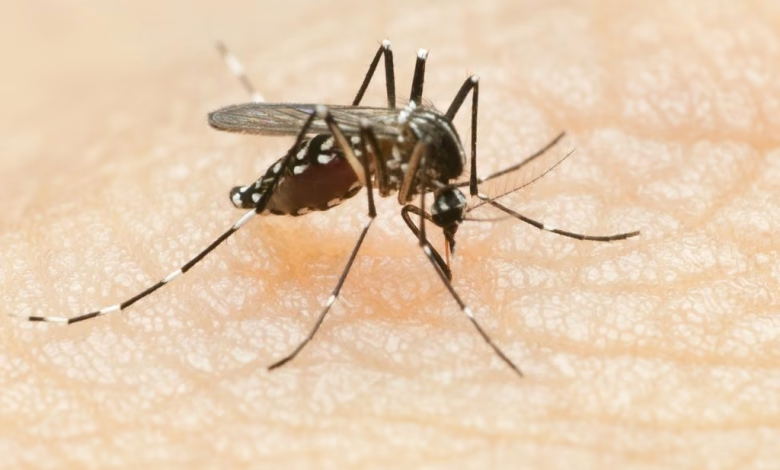Egypt Declared Malaria-Free by WHO after 100-year Effort

- Egypt declared malaria-free
- WHO hails historic achievement
- Egypt eradicates malaria after 100-year fight
Egypt has officially been certified malaria-free by the World Health Organization (WHO), a milestone celebrated by the UN public health agency as “truly historic.”
“Malaria is as old as Egyptian civilization itself, but the disease that plagued pharaohs now belongs to its history,” remarked WHO Director-General Tedros Adhanom Ghebreyesus.
This achievement comes after nearly a century of efforts by Egyptian authorities to eradicate the mosquito-borne disease. The certification is awarded to countries that can demonstrate an interruption of malaria transmission for at least the previous three consecutive years. Malaria remains a significant global health challenge, claiming the lives of approximately 600,000 people each year, predominantly in Africa.
In a statement released on Sunday, the WHO commended “the Egyptian government and people” for their relentless efforts to eliminate a disease that has plagued the nation since ancient times. Egypt now joins the ranks as the third country in the WHO’s Eastern Mediterranean Region to receive this certification, following the United Arab Emirates and Morocco. Globally, a total of 44 countries and one territory have achieved this significant milestone.
However, the WHO cautioned that this certification marks “the beginning of a new phase,” urging Egyptian authorities to remain vigilant in order to maintain their malaria-free status. To secure this certification, a country must also demonstrate the capability to prevent the re-establishment of malaria transmission.
Historically, Egypt’s first initiatives to mitigate human-mosquito contact began in the 1920s, which included banning rice cultivation and restricting agricultural practices near residential areas.
Malaria is caused by a complex parasite transmitted through mosquito bites. While vaccines are being deployed in some regions, the most effective measures for prevention remain monitoring the disease and avoiding mosquito bites.






